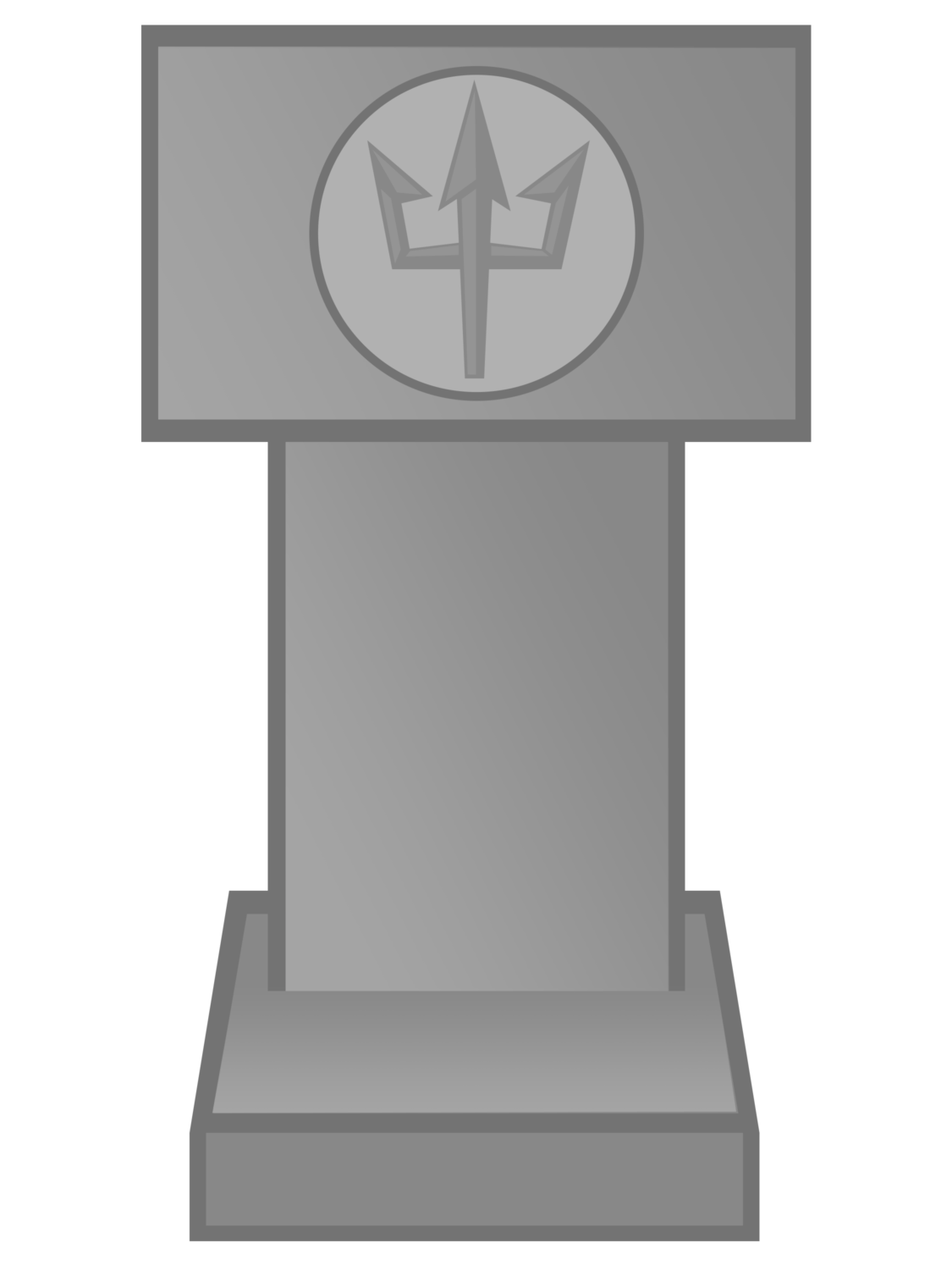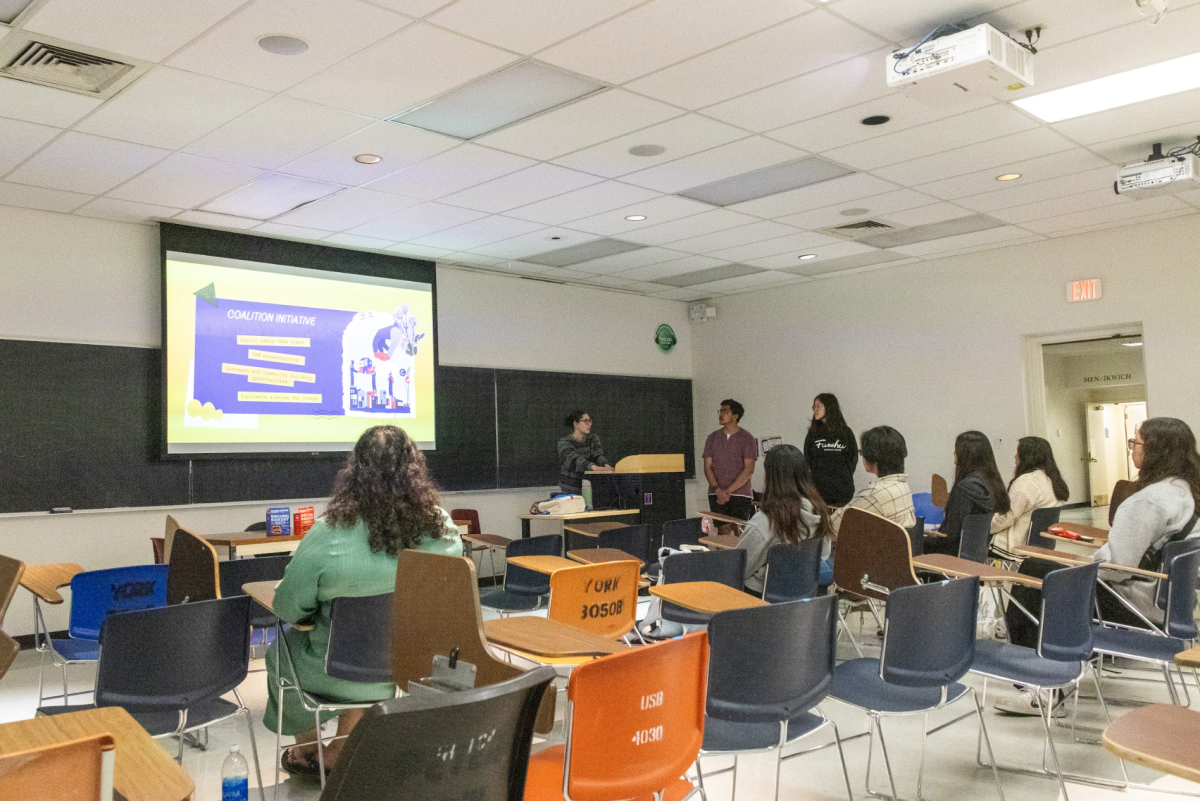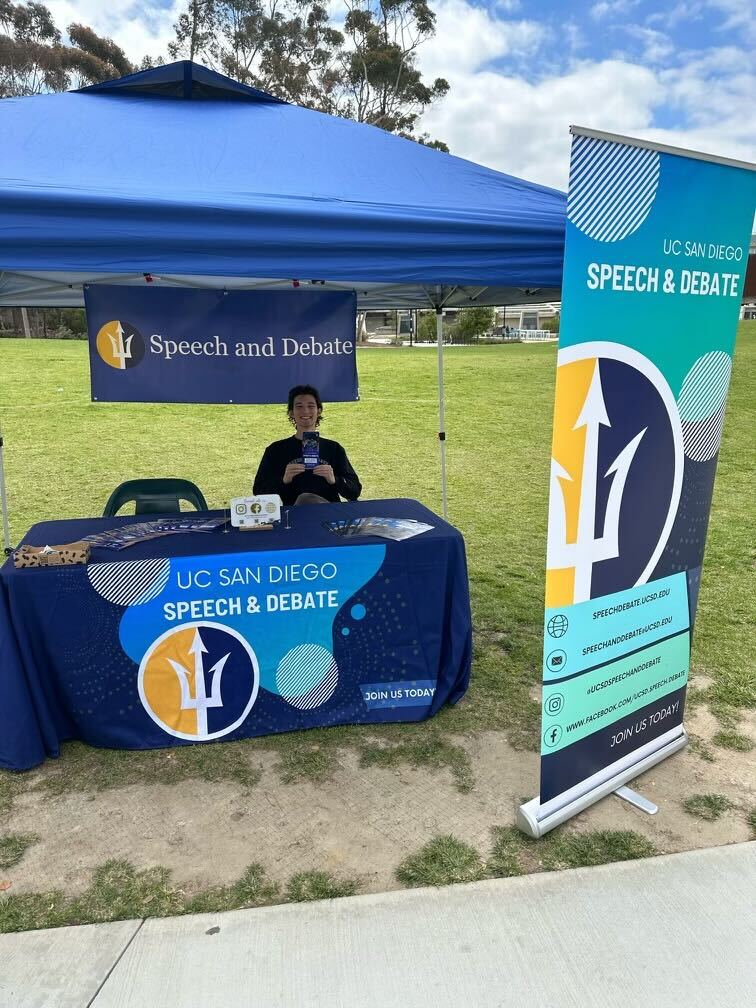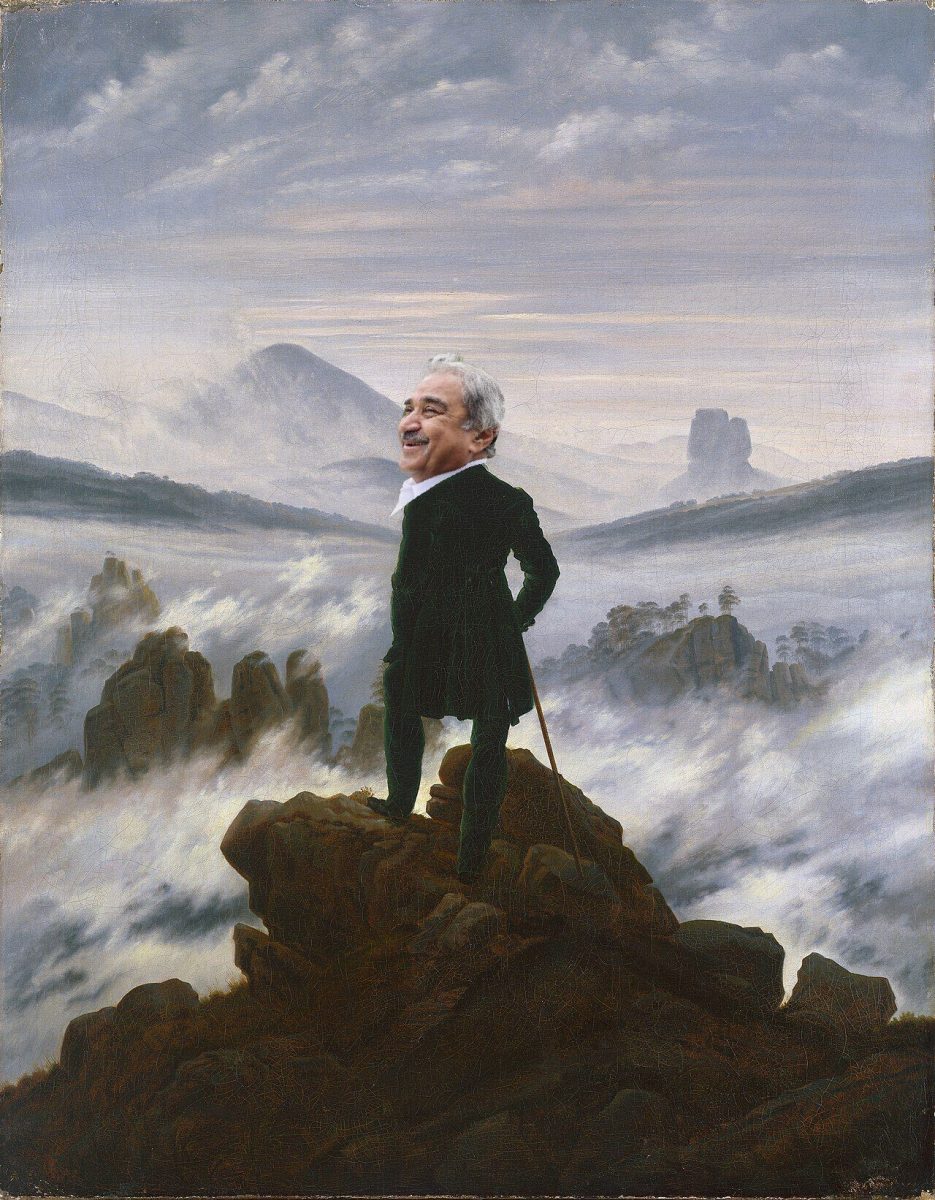Professor William Propp attended Harvard University at the age of 17 without a major but soon found a passion studying in New Eastern languages and civilizations.
When asked what sparked his interest in this particular area, Propp told the UCSD Guardian that he was introduced to the subject through music.
“I was part of the men’s choir club at Harvard, and we were introduced to a Swedish professor of Hebrew, who introduced us to his research,” Propp said. “I declared my major halfway through freshman year, especially fascinated with the structures of mummies at the museum he showed us.”
Propp has been at UCSD since 1983 where he started to teach here before completing his Ph.D. Being a professor initially appealed to him because he would be able to explore his research at length. At one point, he started working a double course load, just to be able to help doctoral students finish their degrees in addition to giving lectures.
“When I started off, my philosophy was ‘make students like you, and work very hard,’” Propp told the Guardian. “Now, it’s ‘make new mistakes.’ I think I get the stereotypical rewarding aspect of a teacher’s career when I see the lightbulb go off in a student’s eyes. I would spend ample amounts of time with my students to perfect their writing, and very few actually live up to my writing standards, but I especially enjoy teaching the ones whoalmost do. They eventually start writing prose that actually sounds good to them, because it actuallyis.”
However, he reminisces about his time in college and his first experiences choosing a major.
“Students now find out what requirements are needed for their degree and go hunt for those courses online with a search engine, but in my time, we had to flip through an entire book to choose our major, so we could definitely explore more,” Propp explained. “I don’t think students are necessarily less curious now, but they act in less curious ways.”
Despite the common stigma associated with the “softer” and riskier choices of an arts or humanities major, Propp confidently asserts that the data contradicts the naysayers’ view of humanities majors’ jobless future.
“My biggest challenge would be the STEM focus on campus,” Propp said. “And I don’t know which data to trust, but the data that we wave around says that our [humanities] graduates do just fine, if not better, in the job market.”
According to the department website, history majors go into fields such as law, politics, business, education and even medicine. According to Propp, taking courses in history not only allows students to learn to communicate more clearly but to also gain a deeper sense of self.
“These students would actually get to know their professors, especially during writing papers, and they therefore learn to write much better than their classmates in the sciences,” Propp said. “There is a saying: A person who doesn’t know their history is an amnesiac, because they cannot know their identity.”








